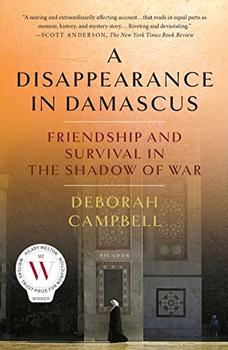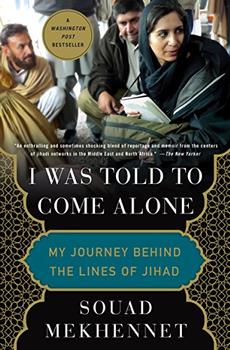Summary | Excerpt | Reviews | Read-Alikes | Genres & Themes | Author Bio

'An admirable, revealing portrait of daily life in a country that Washington claims to have liberated but does not begin to understand. Seierstad writes of individuals but her message is larger' -- Washington Post Book World.
In Afghanistan, just after the fall of the Taliban, a bookseller named Sultan Khan allowed a western journalist to move into his home and experience firsthand his family's life in the newly liberated capital city of Kabul.
From that act of openness emerges this remarkable book, already an international bestseller--the most intimate look yet at ordinary life for those who have weathered Afghanistan's extraordinary upheavals. One husband, two wives, five children, and many other relatives sharing four small rooms opened up their lives, unforgettably.
First is Sultan himself, a man whose love of books has exposed him to great risks over his thirty years in the trade. He has seen his volumes censored, ripped apart, even burned in the street by the Communists and the Taliban. Each time he rebuilt his business, hiding the most controversial texts, surviving prison, traveling treacherous back roads to Pakistan to order much-needed schoolbooks. He takes joy in selling books of history, science, art, religion, and poetry, and defends his business against competitors and theft with a primal ferocity.
But Sultan is also a committed Muslim with strict views on filial respect and the role of women. We meet his wife, Sharifa, when she learns that Sultan is taking a new bride, as his status in the community dictates. Despite custom, it is agonizing for the mother of Sultan's children to see her place usurped. We follow their teenage son, Mansur, as he embarks on his first religious pilgrimage, which embodies all the excitement of youth's first rebellion. And we see Sultan's younger sisters, as one coquettishly prepares for her wedding while another seeks a job to escape her family's tight grip.
Stepping back from the page, award-winning journalist Åsne Seierstad allows the Khans to speak for themselves about their joys, sorrows, rivalries, loves, dreams, and temptations. Through this close-knit household, we gain an intimate view-as few outsiders have seen it-of life in an Islamic country just beginning to find its way between the forces of modernity and tradition.
The Proposal
When Sultan Khan thought the time had come to find himself a new wife, no one wanted to help him. First he approached his mother.
"You will have to make do with the one you have," she said.
Then he went to his eldest sister. "I'm fond of your first wife," she said. His other sisters replied in the same vein.
"It's shaming for Sharifa," said his aunt.
Sultan needed help. A suitor cannot himself ask for a girl's hand. It is an Afghan custom that one of the women of the family convey the proposal and give the girl the once-over to assure herself that she is capable, well brought up, and suitable wife material. But none of Sultan's close female relations wanted to have anything to do with this offer of marriage.
Sultan had picked out three young girls he thought might fit the bill. They were all healthy and good-looking, and of his own tribe. In Sultan's family it was rare to marry outside the clan; it was considered prudent and ...

If you liked The Bookseller of Kabul, try these:

by Deborah Campbell
Published 2018
In the midst of an unfolding international crisis, renowned journalist Deborah Campbell finds herself swept up in the mysterious disappearance of Ahlam, her guide and friend. Campbell's frank, personal account of a journey through fear and the triumph of friendship and courage is as riveting as it is illuminating.
Winner of the Hilary Weston ...

by Souad Mekhennet
Published 2018
"I was told to come alone. I was not to carry any identification, and would have to leave my cell phone, audio recorder, watch, and purse at my hotel..."




I write to add to the beauty that now belongs to me
Click Here to find out who said this, as well as discovering other famous literary quotes!